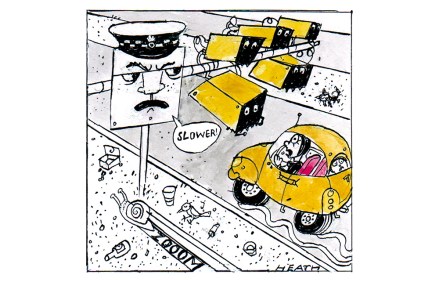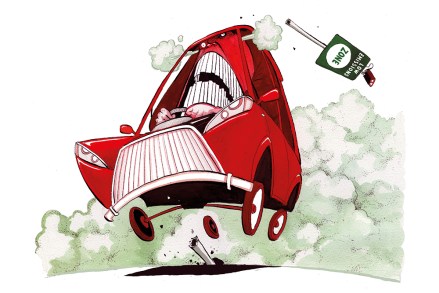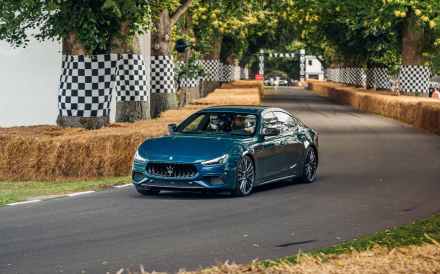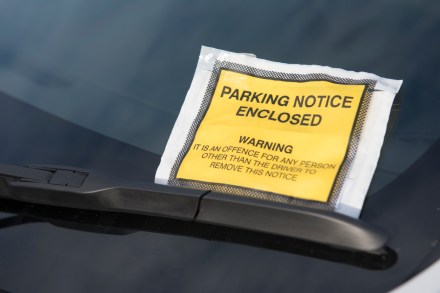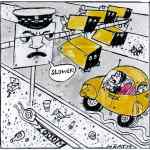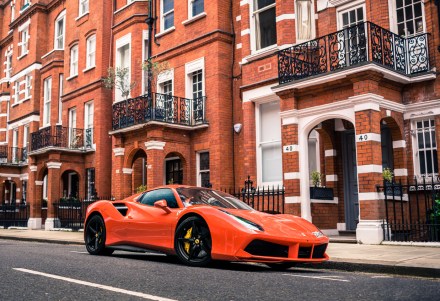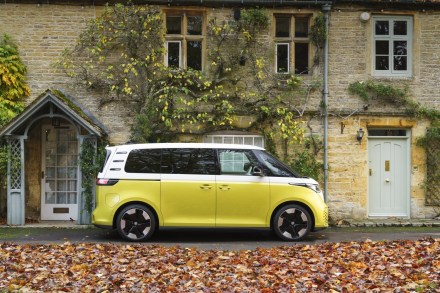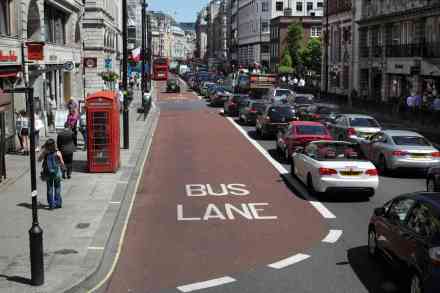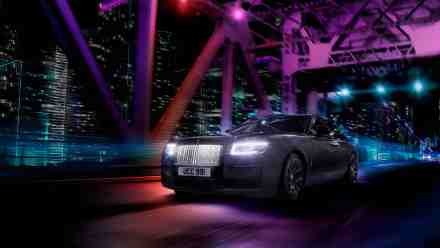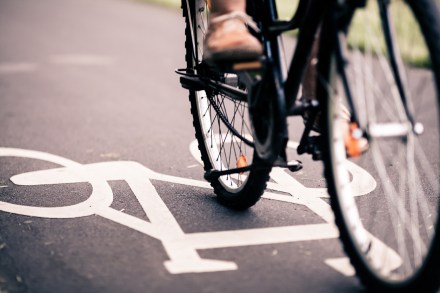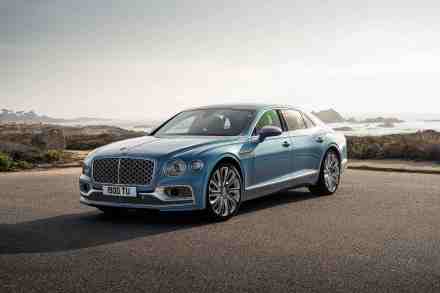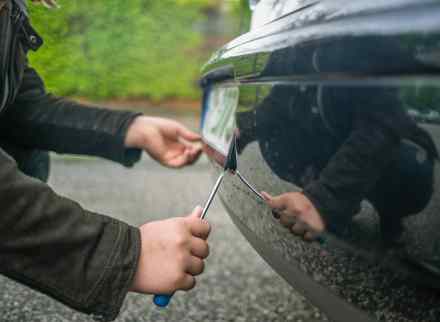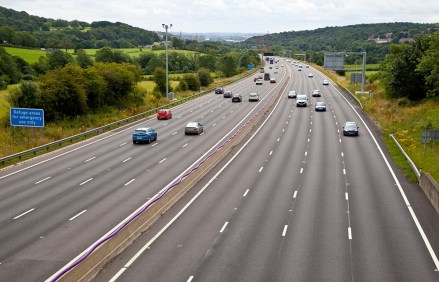Why driving above the speed limit is a mug’s game
Imagine you are choosing between two proposed road-improvement plans, but have the budget for only one. Both of the roads mooted for improvement are 20 miles long, and your sole aim is to reduce average journey time by as much as possible. Which would you choose? Someone travelling slowly to begin with has more time on the road to profit from any gain in speed 1) Improving Road A, which increases the average speed from 20 to 25mph (i.e. 25 per cent faster). or 2) Improving Road B, which increases the average speed from 40 to 65mph (62.5 per cent faster). The majority of people, including many experts, instinctively plump
